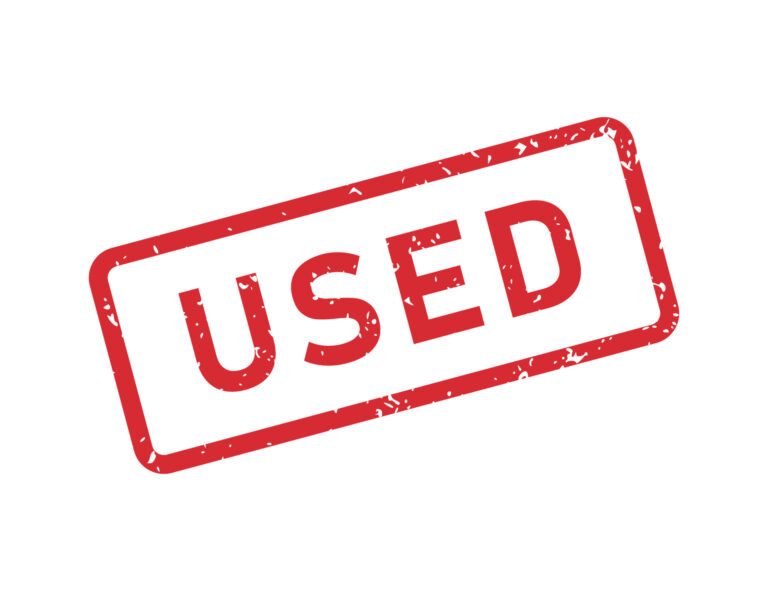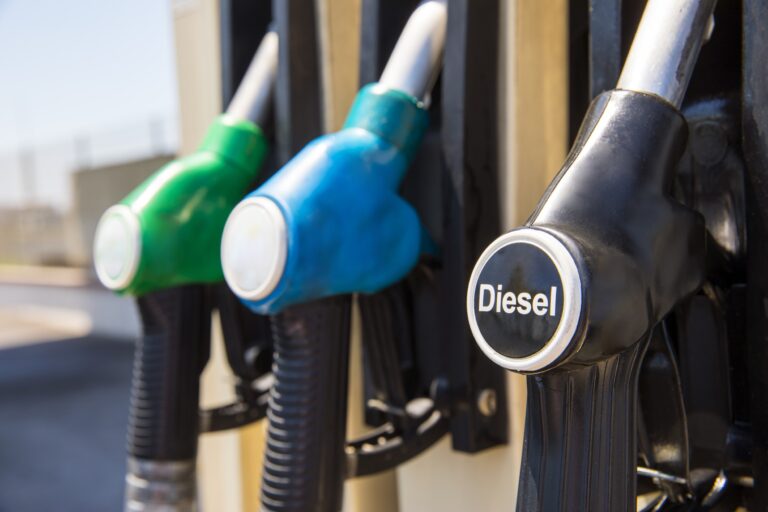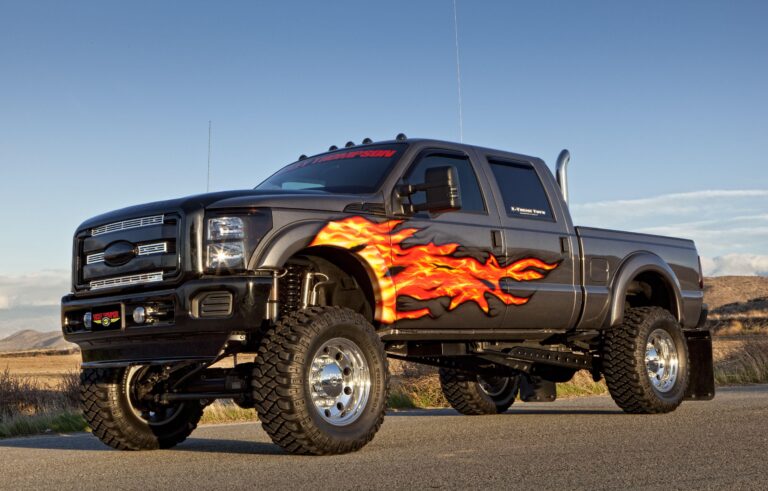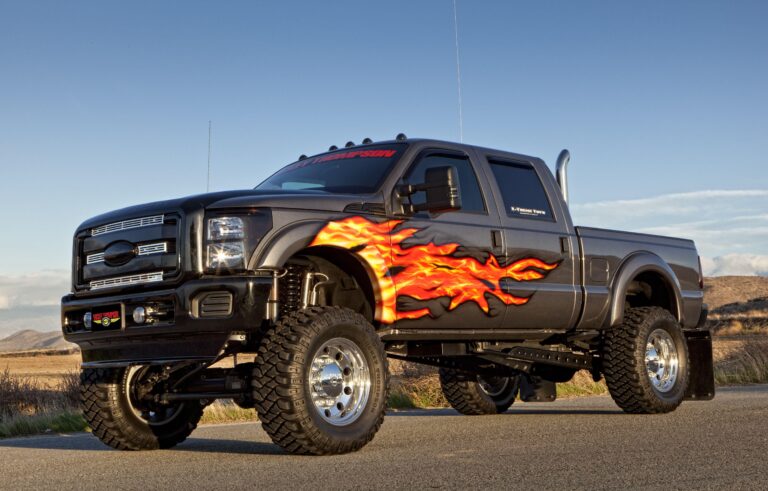Car Brands With The Worst Resale Value
Car Brands With The Worst Resale Value cars.truckstrend.com
The allure of a new car is undeniable – the fresh scent, the latest technology, and the promise of trouble-free miles. However, beneath the gleaming paint and cutting-edge features lies a financial reality that every car buyer must confront: depreciation. Resale value, quite simply, is how much your car is worth when you decide to sell it or trade it in. It’s the residual value of your vehicle after a certain period of ownership, typically measured in years. Understanding which car brands have the worst resale value is not just a curiosity; it’s a critical financial insight that can significantly impact the total cost of car ownership. For many, a car is the second-largest purchase they’ll ever make, and neglecting its future value can lead to substantial financial losses. This comprehensive guide will delve into the brands notorious for rapid depreciation, explore the underlying reasons, and offer practical advice to minimize your exposure to this automotive financial pitfall.
Car Brands With The Worst Resale Value
Understanding Resale Value: What It Is and Why It Matters
Resale value is the estimated market price a vehicle will command after a specified period of ownership, usually measured in three or five years from its original purchase date. It’s expressed as a percentage of the original Manufacturer’s Suggested Retail Price (MSRP). For instance, if a car bought for $30,000 is worth $15,000 after three years, it has a 50% resale value, meaning it depreciated by 50%.
Why is it crucial?
- Total Cost of Ownership: Depreciation is often the single largest cost of owning a car, far exceeding fuel, insurance, or maintenance for many vehicles. Ignoring it means miscalculating your true automotive expenses.
- Future Financial Planning: If you plan to trade in your vehicle every few years, a low resale value means a smaller down payment for your next car, potentially leading to higher loan amounts and monthly payments.
- Leasing Considerations: Resale value (or residual value in leasing terms) directly impacts monthly lease payments. Cars with higher projected resale values often have lower lease payments.
- Investment Protection: While a car is rarely an investment in the traditional sense, minimizing depreciation protects your capital and provides more financial flexibility down the road.

Top Offenders: Car Brands Notorious for Poor Resale Value
While nearly all new cars depreciate rapidly the moment they leave the lot, some brands consistently fare worse than others in the used car market. This often stems from a combination of factors including brand perception, reliability concerns, high maintenance costs, market oversupply, and niche appeal.
Here are some of the car brands frequently cited for having below-average resale values:

- Maserati: These Italian luxury and performance vehicles are known for their exquisite design and powerful engines. However, their high initial price, perceived high maintenance costs, and concerns about long-term reliability often lead to a steep drop in value. The exclusivity that makes them desirable new can also limit the used market, further driving down prices.
- Alfa Romeo: Another Italian brand, Alfa Romeo, has struggled with brand perception in terms of reliability and repair costs in some markets. While their designs are captivating and driving dynamics often praised, the relatively limited dealer network and a history of quality concerns contribute to significant depreciation, especially in the first few years.
- Fiat: Part of the Stellantis group, Fiat vehicles, particularly their smaller models like the 500, often see substantial depreciation. This can be attributed to their niche appeal, compact size (which some buyers outgrow quickly), and perceived lower long-term reliability compared to some competitors.
- Chrysler: As a mainstream American brand, Chrysler has faced challenges with inconsistent model lineups and a perception of average reliability. Models like the Chrysler 300 or Pacifica, while offering good value new, often don’t hold their value as well as rivals due to factors like less fuel-efficient engines and a less modern interior in some older models.
- Cadillac: Cadillac, GM’s luxury arm, often struggles with depreciation, particularly compared to its German and Japanese luxury counterparts. While Cadillac has made significant strides in design and performance, a history of less-than-stellar reliability ratings and a shifting brand identity have impacted their ability to retain value.
- Lincoln: Similar to Cadillac, Lincoln, Ford’s luxury division, faces stiff competition. While newer models like the Navigator have seen better retention, many of their sedans and older SUVs experienced rapid depreciation due to a blend of less compelling technology, interior quality, and brand prestige compared to segment leaders.
- Jaguar: These British luxury cars are renowned for their elegant styling and sophisticated driving experience. However, like other European luxury brands, concerns over maintenance costs, parts availability, and historical reliability issues contribute to significant depreciation once they hit the used car market.
- Infiniti: Nissan’s luxury brand, Infiniti, has seen its resale values decline in recent years. This is partly due to a less distinct brand identity compared to Lexus or Acura, and a slower pace of new model introductions, which can make their vehicles feel older faster in a competitive luxury segment.
- Nissan (certain models): While Nissan as a whole isn’t the absolute worst, specific models like the Leaf (due to battery degradation concerns and rapid technological advancement in EVs) and the Titan pickup truck (facing fierce competition from Ford, Chevy, and Ram) have shown particularly poor resale value.
- Mitsubishi: Historically, Mitsubishi vehicles have struggled with depreciation, particularly in the North American market. A limited model lineup, fewer technological updates, and a smaller market presence compared to larger Japanese rivals contribute to their lower resale values.
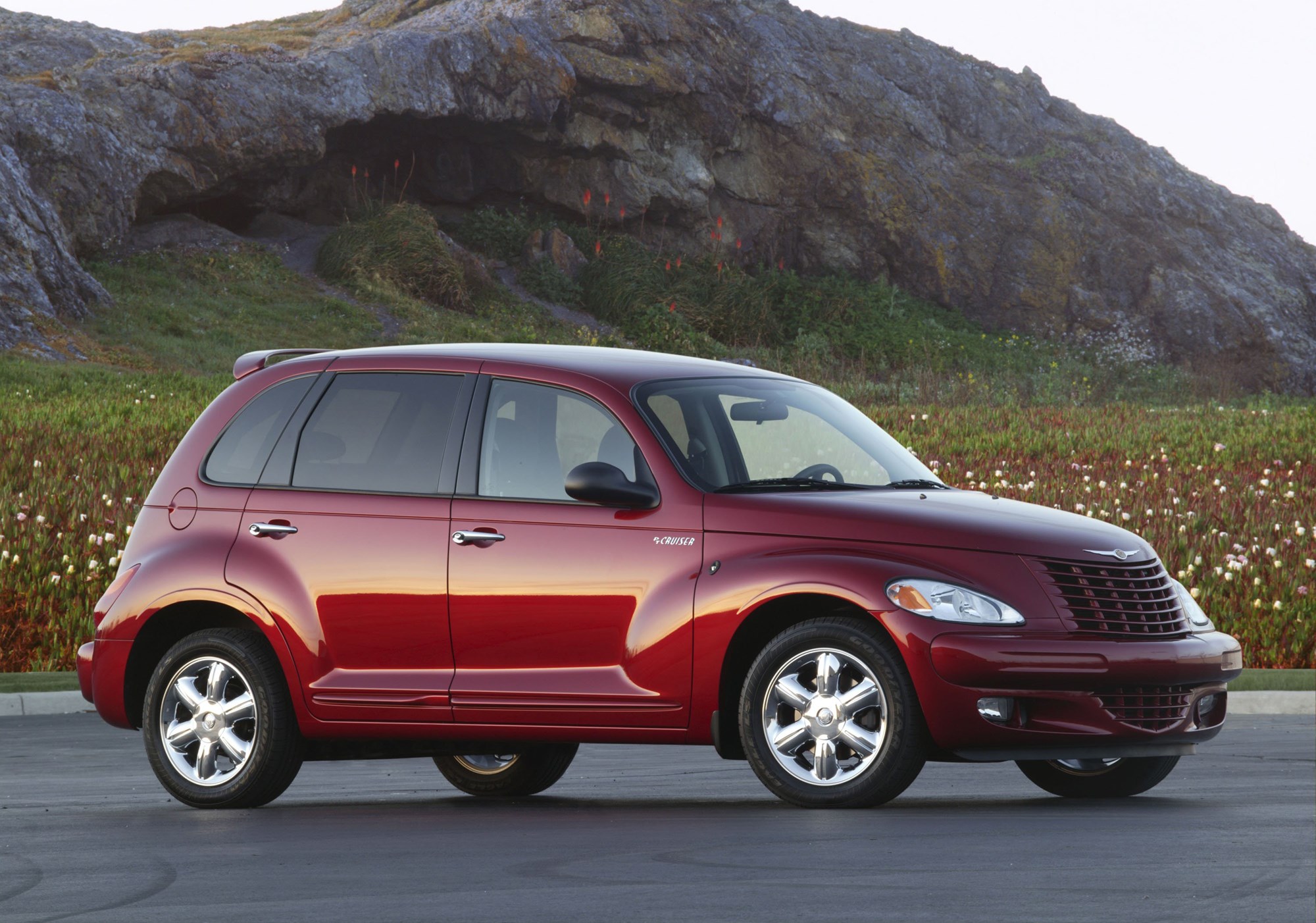
Factors Contributing to Rapid Depreciation
Understanding the specific brands is one thing, but knowing why they depreciate quickly is key to making informed decisions.
- Brand Perception & Reliability: A brand’s reputation for reliability, durability, and low ownership costs significantly impacts its resale value. Brands with a history of frequent repairs or high maintenance costs will naturally deter used car buyers, leading to lower prices.
- Initial Price & Luxury Tax: High-end luxury vehicles, while expensive new, often have the largest absolute dollar depreciation. A $100,000 car losing 50% in three years means a $50,000 loss, whereas a $30,000 car losing 50% means a $15,000 loss. The sheer volume of money lost is greater for luxury cars, even if the percentage isn’t always the highest.
- Maintenance & Repair Costs: Vehicles known for expensive parts, specialized servicing, or a limited network of qualified mechanics will be less appealing on the used market. Buyers factor in future ownership costs.
- Market Demand & Popularity: Cars that are highly sought after, such as popular SUVs or reliable sedans, will naturally hold their value better due to higher demand. Niche vehicles, those with polarizing designs, or models that are less fuel-efficient can struggle.
- Fuel Efficiency: In an era of fluctuating fuel prices and environmental consciousness, vehicles with poor fuel economy often see faster depreciation, especially if they are large SUVs or trucks with gas-guzzling engines.
- Technological Obsolescence: Rapid advancements in automotive technology, especially in infotainment, safety features, and powertrain options (e.g., EVs), can quickly make older models feel outdated, reducing their appeal and value.
- Oversupply & Incentives: Brands that flood the market with too many vehicles, or offer significant incentives and discounts on new cars, inadvertently depress the value of their used models. Why pay more for a used car when a new one is heavily discounted?
- Design & Styling: While subjective, timeless and universally appealing designs tend to hold up better than highly trendy or polarizing ones that quickly fall out of fashion.
Strategies to Mitigate Depreciation: Practical Advice
While you can’t stop a car from depreciating, you can certainly minimize your losses.
- Research Before Buying: Before you commit to a specific model, research its projected depreciation using resources like Kelley Blue Book (KBB), Edmunds, or iSeeCars. Compare models within your budget.
- Consider Certified Pre-Owned (CPO) or Used: Let someone else take the brunt of the initial depreciation hit (often 20-30% in the first year alone). A 2-3 year old used car can offer tremendous value for money.
- Maintain Your Vehicle Meticulously: Regular servicing according to the manufacturer’s schedule, keeping detailed service records, and addressing minor issues promptly can significantly improve your car’s resale value. A clean interior and exterior also make a big difference.
- Limit Mileage: Higher mileage almost always equates to lower resale value. If you have multiple vehicles, try to spread out the mileage or use a less valuable car for longer commutes.
- Choose Popular Colors and Trims: While personal preference plays a role, neutral colors (white, black, silver, grey) and mid-range trim levels tend to have broader appeal and better resale value than highly customized or niche options.
- Avoid Excessive Customization: Aftermarket modifications, unless they are universally appealing and professionally installed (e.g., certain performance upgrades for specific enthusiasts), rarely add value and can often detract from it.
- Time Your Sale: Selling your car before a major model redesign or refresh can help retain value. Also, generally, convertibles sell better in spring, and SUVs/AWD vehicles in fall/winter.
- Keep All Documentation and Keys: Having a complete set of keys, the owner’s manual, and service records adds credibility and value.
Car Brands With The Worst Resale Value: At a Glance
The following table provides illustrative depreciation rates. Actual figures vary significantly based on model, year, mileage, condition, and market dynamics. These percentages represent typical depreciation over 3 and 5 years for many models from these brands.
| Brand | Typical 3-Year Depreciation (%) | Typical 5-Year Depreciation (%) | Key Reasons for Poor Resale |
|---|---|---|---|
| Maserati | 60% – 65% | 75% – 80% | High initial cost, perceived reliability, high maintenance. |
| Alfa Romeo | 55% – 60% | 70% – 75% | Reliability concerns, limited dealer network, niche market. |
| Fiat | 50% – 55% | 65% – 70% | Niche appeal, compact size, perceived lower reliability. |
| Chrysler | 48% – 52% | 60% – 65% | Brand perception, inconsistent models, less fuel-efficient. |
| Cadillac | 48% – 52% | 60% – 65% | Strong competition, historical reliability concerns, shifting brand identity. |
| Lincoln | 47% – 51% | 58% – 63% | Brand prestige compared to rivals, less compelling tech. |
| Jaguar | 52% – 58% | 68% – 72% | High maintenance costs, reliability concerns, parts availability. |
| Infiniti | 45% – 50% | 58% – 63% | Less distinct brand identity, slower model refreshes. |
| Nissan | 42% – 48% | 55% – 60% | (Certain models like Leaf, Titan) Market competition, rapid tech changes (EVs). |
| Mitsubishi | 40% – 45% | 52% – 58% | Limited model lineup, smaller market presence, fewer updates. |
Note: These are estimated averages and can vary widely based on specific models, trims, market conditions, and original MSRP.
Frequently Asked Questions (FAQ)
Q1: Which car brand loses value the fastest?
A1: While it can vary by specific model and year, luxury brands like Maserati, Alfa Romeo, and Jaguar often experience the steepest initial depreciation in absolute dollar terms, and sometimes in percentage terms as well, due to their high initial cost and factors like perceived reliability and maintenance expenses.
Q2: Do luxury cars always have bad resale value?
A2: Not always in percentage terms, but often in absolute dollar terms. Luxury cars have a higher initial purchase price, so even a similar percentage depreciation results in a much larger monetary loss. Some luxury brands (e.g., Lexus, Porsche) hold their value remarkably well, while others (e.g., Maserati, Jaguar, Cadillac) depreciate more rapidly.
Q3: How much does a car typically depreciate in 5 years?
A3: On average, a new car can lose 50-60% of its original value over five years. The steepest depreciation usually occurs in the first year (20-30%), followed by 15-20% in the second year, and then a more gradual decline.
Q4: Is it always a bad idea to buy a car with low resale value?
A4: Not necessarily. If you plan to keep the car for a very long time (e.g., 10+ years) until it’s practically worthless, then resale value becomes less of a concern. Also, cars with low resale value can be excellent buys on the used market, as someone else has already absorbed the major depreciation hit, allowing you to get a premium car at a significant discount.
Q5: What factors affect a car’s resale value the most?
A5: The most significant factors include the brand’s reputation for reliability, overall market demand for the model, fuel efficiency, maintenance costs, mileage, and the car’s overall condition (interior, exterior, mechanical).
Conclusion
Understanding "Car Brands With The Worst Resale Value" is more than just a list; it’s a lesson in savvy consumerism. While the initial joy of a new vehicle is fleeting, the financial implications of depreciation are long-lasting. Brands known for rapid value loss often share common characteristics: high initial cost, niche market appeal, perceived reliability issues, or expensive maintenance.
For the shrewd buyer, this information isn’t a deterrent but an opportunity. Knowing which cars depreciate quickly can help you avoid significant financial losses if buying new, or conversely, guide you towards incredible bargains if you’re shopping for a used vehicle. Ultimately, a car is a depreciating asset, but by making informed choices, maintaining your vehicle diligently, and being aware of market dynamics, you can significantly mitigate the financial impact of depreciation and ensure your automotive investment serves you best in the long run.

